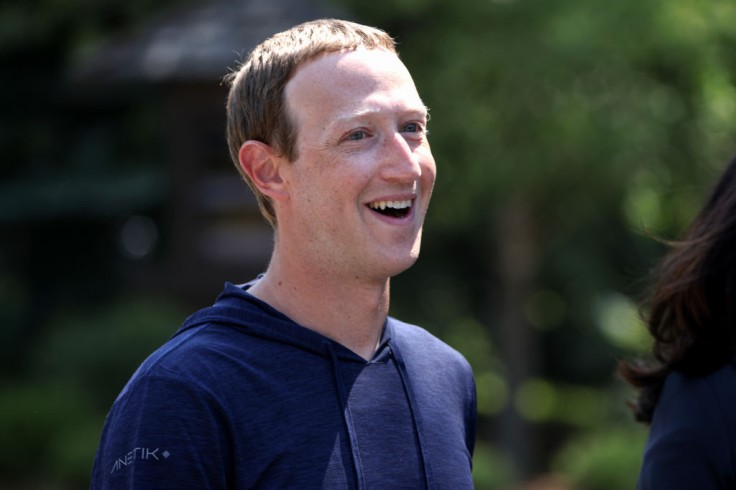
Facebook announced plans to hire 10,000 people in the European Union over the next five years to work on a new computer platform that promises to connect people virtually through the use of electronics that would make Facebook more integral over people's online life.
However, they are also not blinded by the fact that the project could raise privacy issues.
Mark Zuckerburg's Vision
Mark Zuckerberg, the CEO of Facebook, has been a strong proponent of the metaverse, a virtual reality version of the internet that his company envisions as the way of the future.
The word metaverse means meta-universe, a digital world in which the real and virtual collide in a science fiction concept that allows individuals to roam between gadgets, and communicate in virtual reality.
It refers to augmented and virtual reality products and services in practice.
In fulfilling that vision, Facebook just recently announced to the public its intentions to hire 10,000 people in the European Union to aid the creation of the metaverse.
As stated in a Facebook blog post, "The metaverse has the potential to help unlock access to new creative, social, and economic opportunities. And Europeans will be shaping it right from the start... Today, we are announcing a plan to create 10,000 new high-skilled jobs within the European Union (EU) over the next five years".
Facebook metaverse jobs are greatly prompted to invest in the EU anchors multiple advantages, like the readily available large consumer market, leading universities, and high-quality talent.
Facebook Metaverse
The word refers to cyberspace that is similar to the physical environment, and in which a group of individuals can interact through avatars.
In his 1992 science fiction novel "Snow Crash," author Neal Stephenson invented the term. It's when physical, augmented, and virtual reality combines in a shared online space.
As an example, certain video game communities have already begun to establish the seeds of meta-universes, such as "Roblox," a platform with a plethora of games produced by children and teenagers, or "Fortnite," a shooter and survival game with 350 million users.
In April, during a "Fortnite" game, more than 12 million players saw five virtual performances by musician Travis Scott, who appeared as an avatar in "Fortnite."
Screens, holograms, virtual reality headsets, and augmented reality glasses will gradually allow smooth movement of virtual universes in real-world locations, a process Zuckerberg compared to teleportation.
As reported by First Post last month, Facebook announced a $50 million investment to support global research and collaborations with human rights organizations, nonprofits, governments, and universities to develop metaverse-friendly products.
However, many of those studies will most likely take 10 to 15 years to "completely actualize."
The Metaverse Technology
According to Euronews, Facebook earlier announced the formation of a product team dedicated to metaverse-related workload.
Facebook, the world's most popular social media platform, has substantially invested in virtual reality and augmented reality, acquiring gear like the Oculus VR headset and developing AR glasses and wristband technology.
Furthermore, it has also acquired a number of virtual reality game firms, including BigBox VR with roughly 10,000 staff working on virtual reality.
Facebook co-founder Zuckerberg believes that the metaverse will be the future of mobile internet and that forming this product division is the next step in helping to construct it.
He believes metaverse is important in committing significant resources into shaping what he believes will be the next large computer platform.









